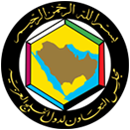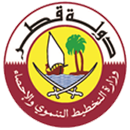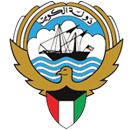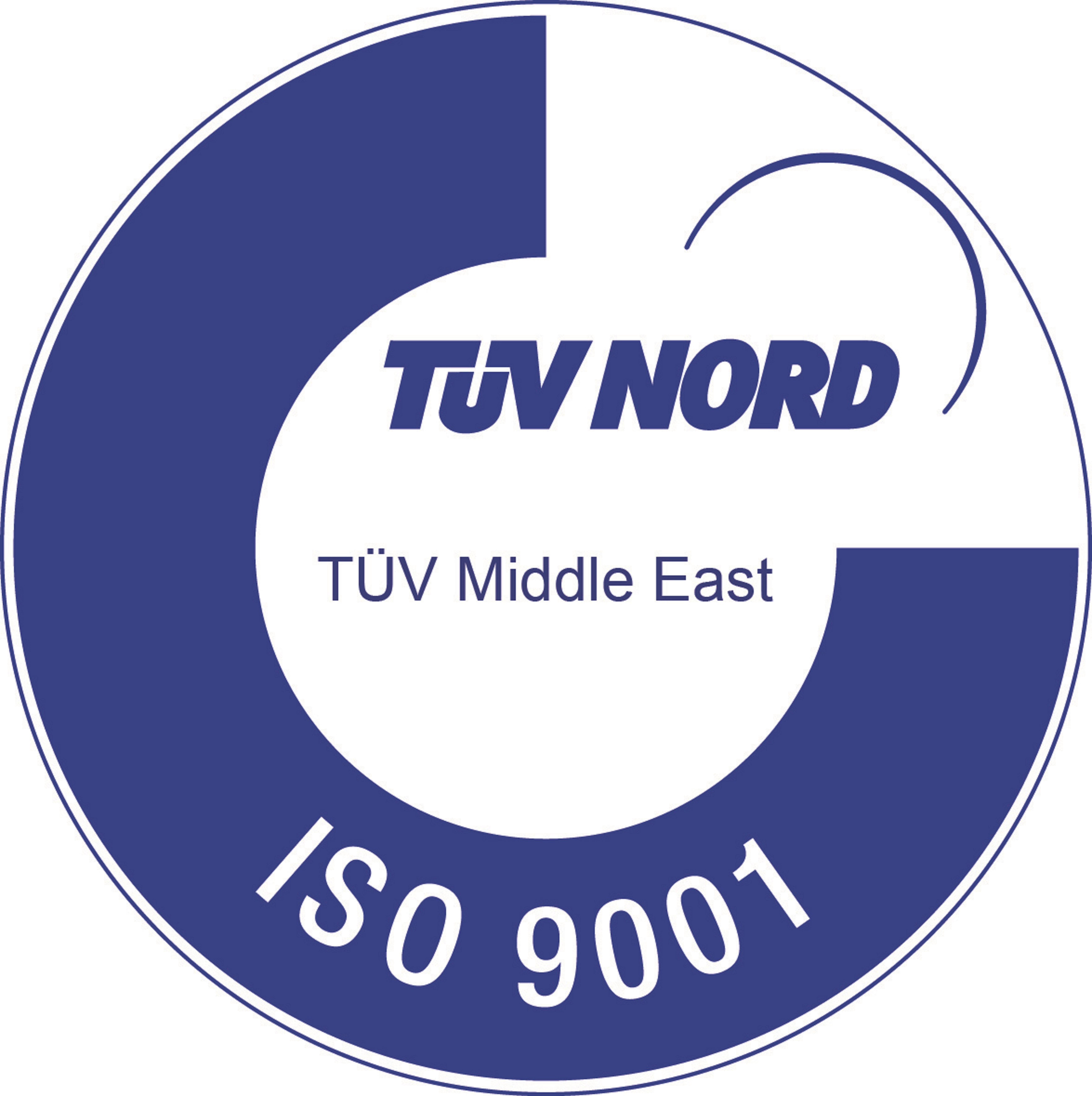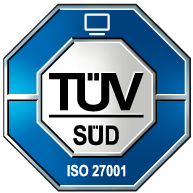JOINT GCC-STAT - UNSD REGIONAL WORKSHOP ON FUTURE OF INTERNATIONAL MERCHANDISE TRADE STATISTICS, WEBINAR HOSTED BY THE GCC-STAT
Economic globalization facilitated by the adoption of digital technology has accelerated international trade in goods coupled with rapid growth of digital trade and e-commerce. The changing patterns and dynamics of international trade present new measurement challenges, but also new opportunities for International Trade Statistics in goods and services using non-traditional in addition to traditional data sources.
Those new challenges and opportunities are addressed by the International Merchandise Trade Statistics: Concepts and Definitions 2010 (IMTS 2010) and its companion Compiler Manual (IMTS 2010 CM), developed by the United Nations Statistics Division (UNSD), and by the latest methodological manuals prepared by the UN Expert Group on International Trade and Economic Globalization Statistics on GVC accounting, the UN Committee of Experts on Business and Trade Statistics on business dynamics, and the Inter-Agency Task Force on International Trade Statistics on digital trade. .
These methodological documents are complemented and supported by trade-related technology platforms and databases including : Automatic Identification System (AIS) and Automatic Dependent Surveillance (ADS-B); digital trade, including e-commerce; World Integrated Trade Solution (WITS); Trade by Enterprise Characteristics (TEC); Global Value Chain (GVC); Trade in Value-added (TiVA); ABRAMS world trade wiki business intelligence portal, and GCC integrated MRSA system.
With the mainstreaming of new measures of international trade in TiVA and other GVC related statistics, the measurement of international trade is fully integrated with macro-economic frameworks such as National Accounts statistics and Balance of Payments statistics. Moreover, linking trade statistics with enterprise characteristics such as foreign ownership or trading status are essential characteristics in understanding business dynamics.
The current workshop is the second Joint GCC-Stat - UNSD regional workshop on IMTS. The first joint regional workshop was held from 7-10 February 2016 in Muscat, Oman, hosted by the GCC-Stat. 29 participants form 15 Middle–East and North Africa (MENA) countries attended the workshop, including 19 participants form GCC member countries: United Arab Emirates, Bahrain, Saudi Arabia, Oman, Qatar and Kuwait, and 10 participants for eight Arabic speaking Western Asia and Africa countries: Iraq, Jordan, Libya, Mauritania, Morocco, Palestine, Sudan and Tunisia. Also, the World Customs Organization (WCO) and the Economic Community of West African States (ECOWAS) attended the workshop, and the workshop greatly benefitted from their contributions made.
The main purpose of the workshop was to assist the countries in better understanding the concepts and definitions of IMTS-2010 and implementing the international standards and recommendations set out in the IMTS-2010 and its companion compiler manual (IMTS-2010 CG). Although noticeable progress has been made since then, by GCC member states, in implementing IMTS-2010, there is still a significant room for further improvement on this path, including implementation of Unified GCC Customs procedure codes, developing and adopting statistical GCC statistical procedure codes, and respective correlation tables, compiling IMTS based on general trade system, compiling IMTS by second partner country (country of consignment, and reducing bilateral asymmetries), and other.
OBJECTIVES OF THE WORKSHOPS
The objectives of the workshop are as follows:
1) Advancing the implementation of International Merchandise Trade Statistics: Concepts and Definitions 2010;
2) Raising awareness on the current working definition of statistical conceptual framework on digital trade and e-commerce; and
3) Building capacity of national statistics centers and other relevant agencies in addressing the challenges of, and benefitting from the opportunities created by advancement in technology and emergence of Big Data.
It is also an opportunity for countries to share their experiences and challenges in the compilation of IMTS.
The outcome of the discussion will form the basis for developing strategic action plan for GCC member countries and the GCC-Stat in the priority statistics field of international trade statistics that will provide users with up-to-date data relevant to contemporary challenges, outline new opportunities for data collection and create a “road map” for the development of intra-GCC and extra GCC statistics on trade in goods, and, in some extent, also of SITS.
The discussion is to include theoretical as well as practical issues relating to the implementation of the IMTS 2010 and its companion Compilers Manual (IMTS-2010-CM), and the new challenges and opportunities ahead, under the following topics:
1. Implementation by GCC member countries of IMTS 2010
2. Latest developments in revision of international standards and future of IMTS
3. Handbook on Measuring Digital Trade (including e-commerce)
4. WCO frameworks of standard on e-commerce.
5. Status of global e-commerce in goods and services
6. Demand and challenges in measuring e-commerce in countries - (i.e., increase of e-commerce due to COVID-19): round table
7. Missing Data Estimates, Intra-GCC Trade and Asymmetries in IMTS
8. Enhancing usefulness of customs data
9. Processing data for UN Comtrade
10. Big data for IMTS: AIS datasets and Trade Statistics
11. Trade by Enterprise Characteristics (TEC)
12. GCC-Stat MRSA project: an overview of the MRSA project in terms of the mechanism for collecting and making available data and the benefits achieved.
13. GCC Interconnection Authority (GCC-IA) Electricity trade data.
14. Forthcoming GCC HS-8 2022
15. HS 2017 and forthcoming HS 2022
16. Conclusion and evaluation of the workshop
The workshop will include presentations on conceptual and methodological issues, country practices, and round-table discussions.
Event Properties
| Event Date | 11-09-2020 |
| Event End Date | 11-11-2020 5:00 pm |
| Cut off date | 11-11-2020 5:00 pm |
| Speaker | Representatives from the relevant regional and international organizations: GCC Customs Affairs (GCC Customs), GCC Statistical Center (GCC-Stat), Eurostat, International Monetary Fund (IMF) – Statistics Department (STA), United Nations Conference on Trade and Development (UNCTAD), United Nations Statistics Division (UNSD), World Customs Organization (WCO), World Trade Organization (WTO). Also representatives from of ABRAMS world trade wiki, and GCC Interconnection Authority (GCC-IA). |
| Location | Muscat |

